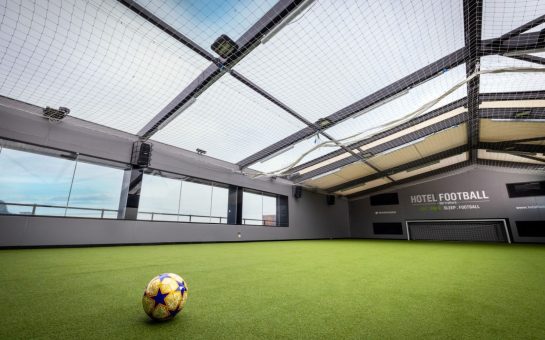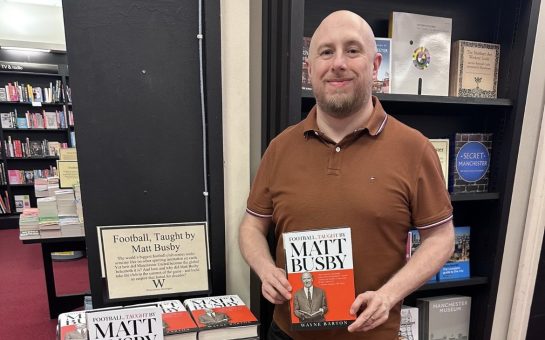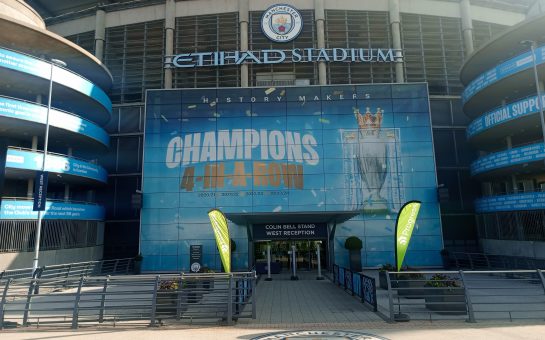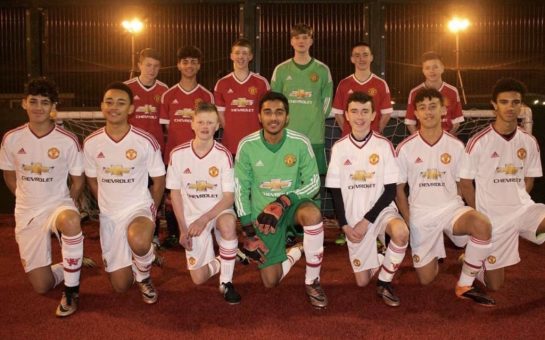For any other football club, departures of such high-profile names as Sir Alex Ferguson, Paul Scholes, David Gill and Mike Phelan in the same summer would plunge them into crisis.
For Manchester United, it’s likely to be business as usual when the domestic season rolls around again on August 17.
This will still be a significant summer of change for the club, and new boss David Moyes will certainly have a number of key decisions to make upon his arrival in June.
The departing Everton manager began his overhaul last week, when key members of Ferguson’s backroom staff, Mike Phelan and Eric Steele, announced they would be leaving the club.
The announcement seemed oddly symbolic, as if it almost implied a changing of the guard at the club and the beginning of the ‘Moyes era’.
Phelan in particular has been a mainstay of the club’s non-playing staff, playing an integral part of Ferguson’s trusted team for more than a decade.
Moyes will of course be intending to stamp his authority on the club, but is there any need to alter Ferguson’s empire?
When you consider the emphatic manner in which the Red Devils won the Premier League title this season, there isn’t a great need for Moyes to make wholesome changes.
He will be aware more than anyone that he faces a momentous challenge to ensure he doesn’t fade into Sir Alex’s shadow.
After all, the club aren’t necessarily in need of a new approach – they’re domestic champions with a talented squad that combines experienced campaigners with promising youngsters at their disposal.
In terms of the club’s playing staff, it’s unlikely that the squad will see much of an overhaul.
Only two or three players are likely to leave, with individuals like Nani, Federico Macheda and Fabio among those touted to depart.
Meanwhile, the club have not shied away from their desire to bring in a high-profile signing or two – with Leighton Baines and Marouane Fellaini immediately linked given their obvious connections.
But perhaps the first test of Moyes’ management will be the manner in which he deals with Wayne Rooney, after the former Toffee handed in a transfer request at the end of the season.
If the England international is allowed to leave, Moyes will either have to outright replace him or look to alter the style of United’s side and focus solely on Robin van Persie.
Elsewhere, Ryan Giggs is the only true survivor of the ‘old guard’, but Rio Ferdinand signing on for another year will have helped.
But while their experience is vital, they’re more likely to play a bit-part role in the coming seasons.
It’ll be down to the new generation – the likes of Phil Jones, Rafael, Shinji Kagawa and Danny Welbeck – to take United forward in the coming years.
The future looks bright for the club, and drastic changes would only hamper the possibility of instant success for Moyes.
But it would be dangerous for the 50-year-old to simply waltz in expecting the trophies to arrive at a similar rate as they did for his fellow Scot.
The former Preston North End man has to find a formula which blends the experience and know-how of the old guard, with the new faces and style he’ll inevitably bring with him.
Everton’s first-team coach, Jimmy Lumsden, and their goalkeeping coach, Chris Wood, are likely to follow Moyes to Manchester.
His assistant, Steve Round, could also join his side once more, while Phil Neville could also be set for a return to his former hunting ground.
It’s become a popular trend in football for the backroom staff to follow a manager around, take Harry Redknapp and his team of Joe Jordan and Kevin Bond as a recent example.
But United are not your typical club, they breed stability and familiarity and after having the same manager for 26 years that’s something Moyes will need to continue.
The incoming Scot needs to strike the right chord between maintaining United’s identity and offering a fresh approach that kick-starts the ‘David Moyes era’.
Image courtesy of The Telegraph, via YouTube, with thanks
For more on this story and many others, follow Mancunian Matters on Twitter and Facebook.



